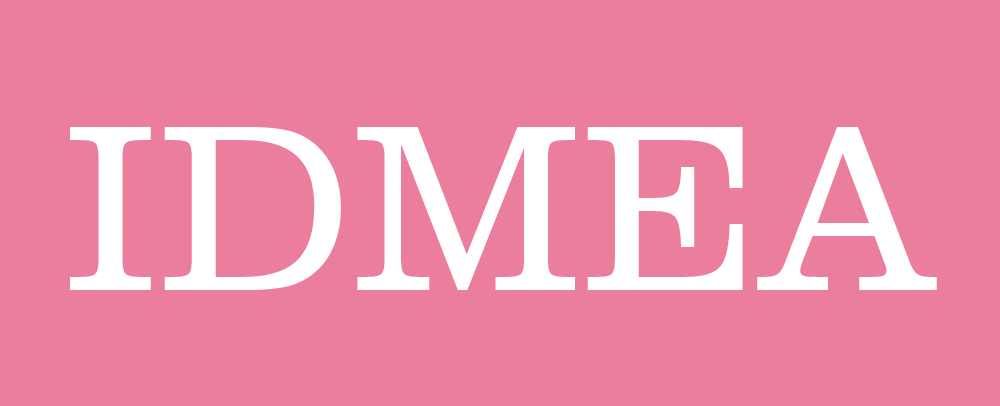Although a great deal of day-to-day tasks in the workplace can feel like routine, it’s essential that employees have critical thinking skills that they are constantly applying to their actions and decisions.
Critical thinking has been highlighted as one of the key skills required by organisations today and the ability to think critically is often the difference between a good employee and a great one. With the access to data that we have these days, many people seem to have lost the art of taking stock and thinking carefully about problems that we face. Because of this, critical thinking has become a skill that we would all benefit from developing further.
For managers and leaders, this raises questions around whether critical thinking skills can be assessed, and in cases where they may not seem present in an employee, can they be taught? Is there any way to improve critical thinking skills across an entire business?
What is critical thinking?
Critical thinking refers to the objective analysis and evaluation of an issue or piece of information to form a judgement.
Those with critical thinking skills approach matters by actively conceptualising, analysing and evaluating information in a way that considers different perspectives and reasoning. Being able to organise information logically and make a reasoned judgement is a crucial skill that the highest performing employees possess.
Thus, it is no surprise that businesses hope all of their employees are able to apply critical thinking to problems and situations.
Can critical thinking be taught?
The first step in developing critical thinking skills is merely understanding that they exist. This means opening up the concept of how we approach information. Training is the best way to help employees realise the importance of critical thinking and offer them useful guides and information on how to develop their own critical thinking skills.
From here, coaching can be useful. Each business is different, and it can be helpful to highlight to employees exactly when critical thinking might be most important in their job role. Help them to examine their biases and offer them feedback as they seek to develop these skills.
What underlines critical thinking?
Critical thinking is a soft skill which means there are a variety of approaches that can be taken to it, and different people will use this skill in different manners. However, there are five fundamental steps to approaching something with critical thinking…
- Asking questions.
- Collecting more information.
- Questioning assumptions
- Evaluating evidence
- Drawing conclusions
This could be approaching someone else’s opinion, making a decision or dealing with conflict.
When to use critical thinking?
In the professional sense, critical thinking should be applied at virtually all times, but a simple rule for knowing when it’s most important to employ critical thinking is when the situation at hand has a substantial or important outcome. For example, the result of a problem, initiative, goal, or circumstance.
If the outcome of the situation or circumstance is important or going to make a big difference to yourself, someone else, or the business, you should employ critical thinking.
What if I am already a critical thinker?
Critical thinking training can be beneficial for all employees, even those who believe they possess strong critical thinking abilities. Like other soft skills, keeping them sharp through training is extremely valuable.
How to assess critical thinking skills?
As a soft skill, critical thinking is somewhat difficult to assess. As business leaders, this can pose a challenge. We recommend that looking at employees’ performance and identifying the key traits of a critical thinker is the best way to assess their skills.
Critical thinkers usually possess the following traits:
- Open-mindedness
- Curiosity
- Confidence
- Creativity
- Executive Presence
Those with great interpersonal skills and cognitive intelligence usually possess strong critical thinking skills.
